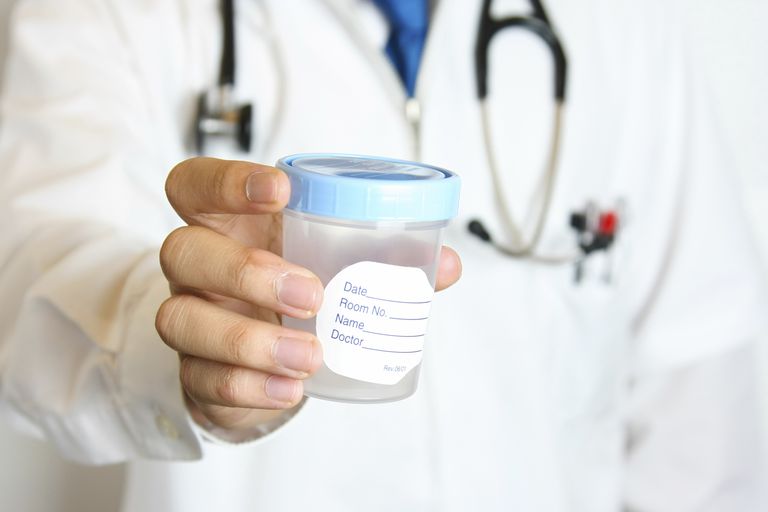INFLUENZA IN URGENT CARE SETTING Influenza is a viral infection that create infection in respiratory system (nose, throat and lungs). Influenza is a contagious infectious disease caused by RNA viruses Influenza, commonly called the flu, is not the same as the stomach “flu” viruses that cause diarrhea and vomiting. Influenza can have serious complication particularly in higher risk group. People with chronic illness and people with suppress immune system (cancer, HIV, or taking immune suppress medication) are at serious risk of developing complications. Children, pregnant women and seniors are also at risk of developing complications. Complication can include pneumonia which can be deadly especially the young children and seniors. Annual vaccination is the best defense against flu. How one can get infected with flu? When a person coughs or sneezes, aerosols containing the virus are created. Influenza can also infect a person if you come in contact with contaminated surfaces or nasal secretion. Frequent hand washing reduces the risk of infection. Flu Symptoms Runny nose, sore throat, and headache could be initial symptoms of flu. What distinguishes flu and common cold usually is that cold symptoms usually develop gradually whereas influenza (flu) symptoms. Flu symptoms are usually more severe than usual cold. People with flu often have fever over 100 F. Headache, body ache, fatigue, generalized weakness, nasal congestion and dry cough are common symptoms of influenza (flu). When to see a doctor Taking antiviral drugs within first 48 hours of illness may reduce the length of the illness and help prevent serious problems. People who are at risk of complication (chronic illness, suppress immune system, elderly, young children and pregnant women should be evaluated by physician in order to reduce the risk of complications.


